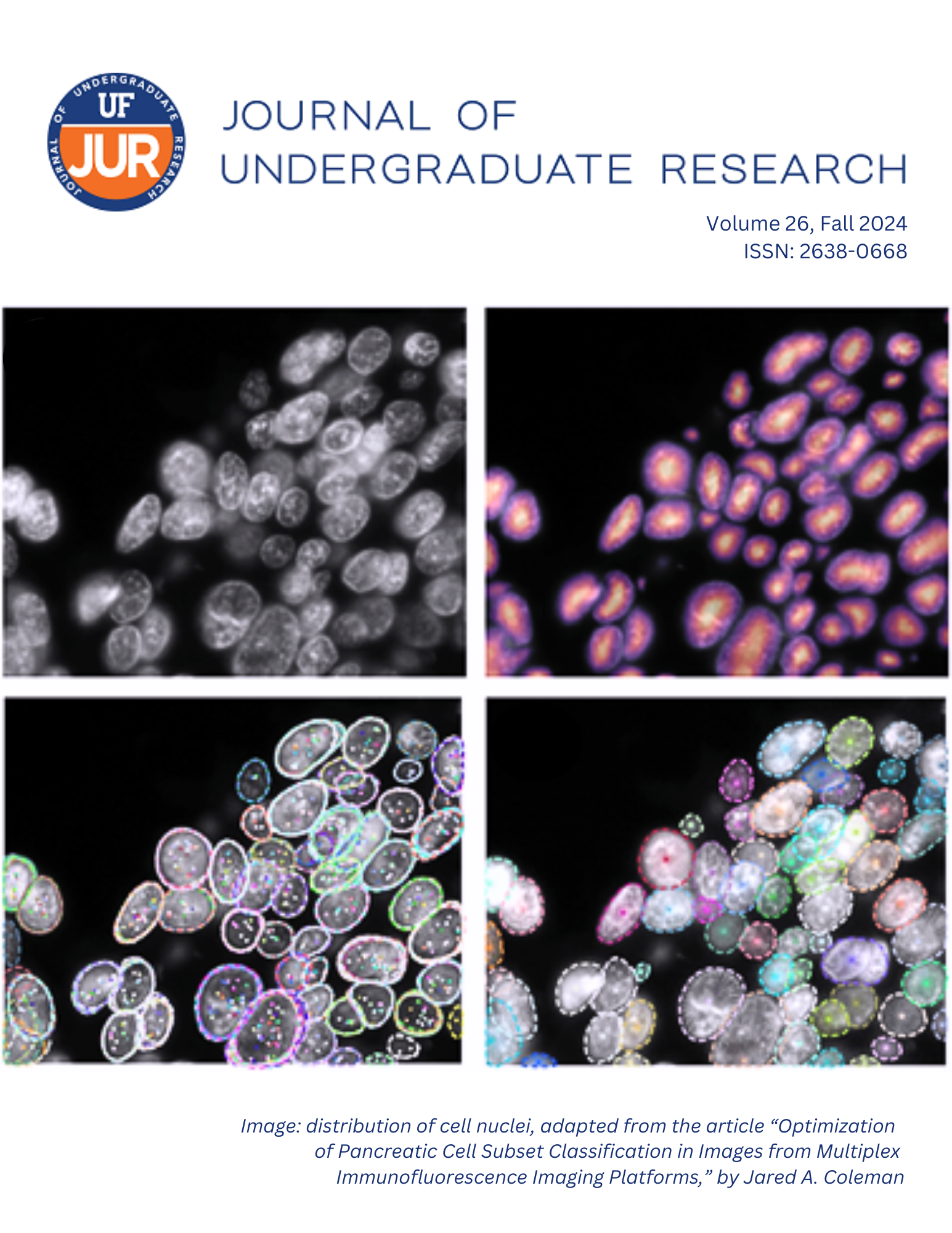Kant and his Critique of Leibniz
DOI:
https://doi.org/10.32473/ufjur.26.135323Keywords:
Immanuel Kant, Gottfried Wilhelm Leibniz, Kant, LeibnizAbstract
According to one line of interpretation, in the Critique of Pure Reason, Immanuel Kant argues that Gottfried Wilhelm Leibniz conflated two kinds of cognitive capacities and their respective types of mental representations: (1) sensibility and sensible or spatiotemporal representations and (2) the understanding and intellectual or conceptual representations. According to this interpretation, Leibniz held that sensibility is not distinct from the understanding, and sensible representations are confused and reducible to distinct intellectual representations. However, this interpretation fails against the more charitable thesis that Leibniz believed the two cognitive capacities and their representations are distinct, yet all sensible representations are necessarily confused. Instead, I argue that Kant’s criticism concerns a different distinction: general logic, the rules of thought in general, and transcendental logic, the rules governing thought of sensible representations. Additionally, I argue for a second part of Kant’s criticism: the Copernican Revolution. By providing an account of mathematics that depends on objects of possible knowledge conforming to our cognitive capacities, Kant eliminates the possibility of a Leibnizian metaphysical project that allegedly aims beyond such objects. A Leibnizian would have to provide an account of the success of mathematics solely in terms of general logic or deny it altogether.
Downloads
Published
Issue
Section
License
Copyright (c) 2024 Kurt Ramsey

This work is licensed under a Creative Commons Attribution-NonCommercial 4.0 International License.
Some journals stipulate that submitted articles cannot be under consideration for publication or published in another journal. The student-author and mentor have the option of determining which journal the paper will be submitted to first. UF JUR accepts papers that have been published in other journals or might be published in the future. It is the responsibility of the student-author and mentor to determine whether another journal will accept a paper that has been published in UF JUR.

